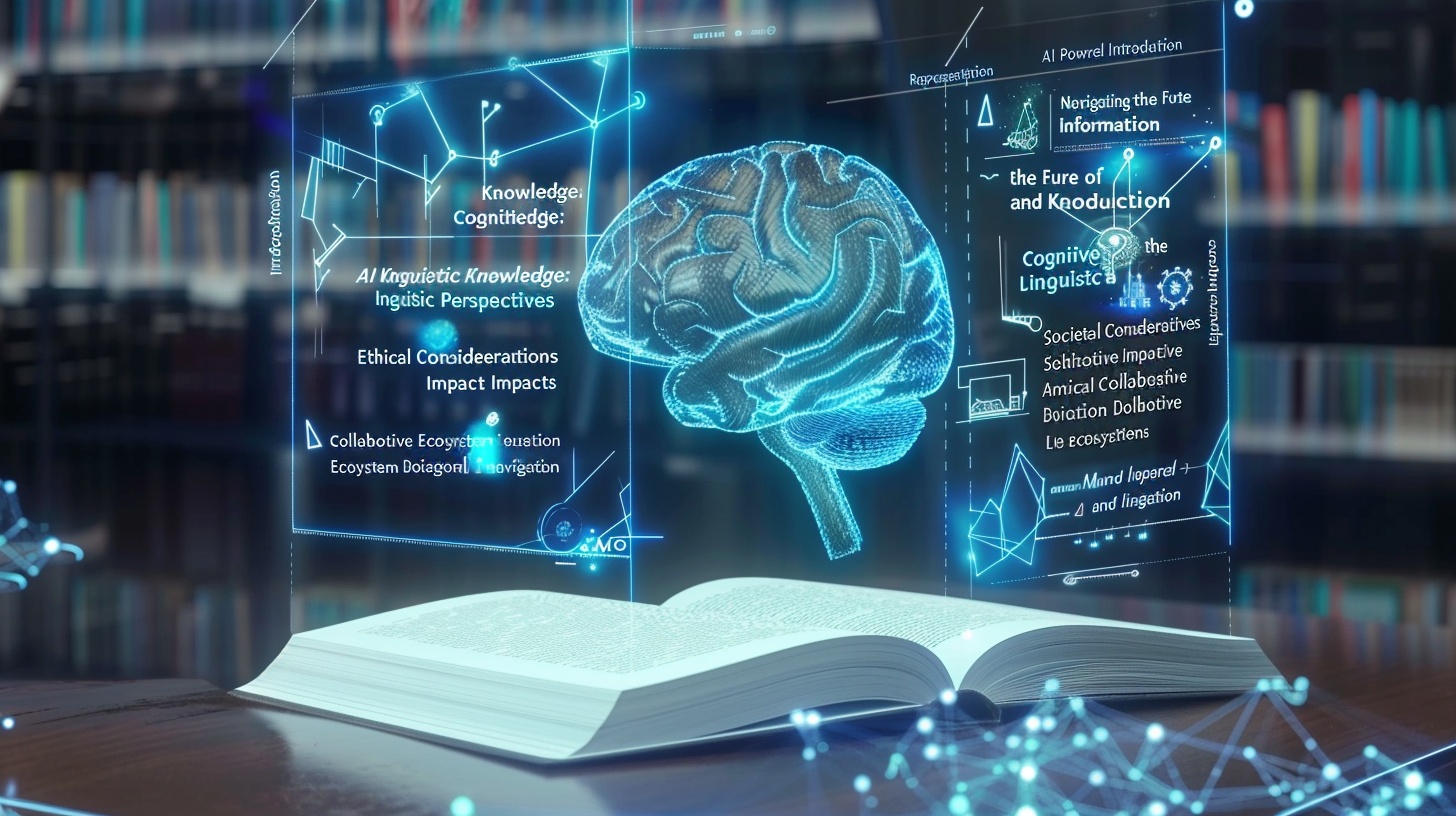1. Introduction
Purpose and scope of the book
Importance of knowledge representation and information architecture
Overview of AI’s impact on these fields
2. Theoretical Foundations
History of knowledge representation
Key concepts and terminologies
Traditional methods vs. AI-driven approaches
3. AI and Knowledge Representation
Conceptual role of AI in transforming knowledge representation
Techniques used in AI for knowledge representation
Ontologies
Semantic networks
Knowledge graphs
Theoretical frameworks for AI-driven knowledge representation
4. Information Architecture in the Age of AI
Evolution of information architecture concepts with AI
Principles of modern information architecture
Theoretical models for AI-enhanced information architecture
5. Cognitive and Linguistic Perspectives
Intersections with cognitive science and AI
Linguistic theories in AI-driven knowledge systems
Cognitive models for knowledge representation
6. Ethical and Philosophical Considerations
Ethical frameworks for AI in knowledge representation
Philosophical implications of AI-driven information systems
Conceptual challenges in privacy, transparency, and bias
7. Societal and Cultural Impacts
Theoretical models of AI’s influence on knowledge dissemination
Cultural implications of AI-driven knowledge systems
Potential societal transformations
8. Collaborative Knowledge Ecosystems
Theoretical models for AI-facilitated knowledge sharing
Concepts in distributed and decentralized knowledge systems
Federated learning: theoretical foundations and implications
9. Future Paradigms
Emerging conceptual frameworks
Theoretical applications of quantum computing in knowledge representation
Conceptual integration with augmented reality and brain-computer interfaces
10. Conclusion: Shaping the Future of Knowledge
Synthesis of key theoretical concepts
Reflections on the evolving epistemological landscape
Future research directions and theoretical challenges
